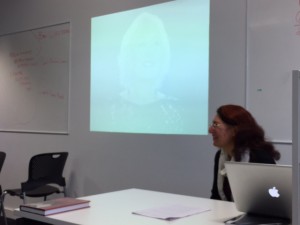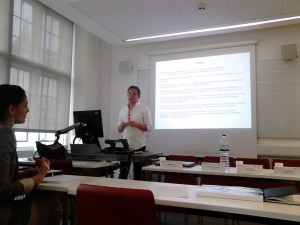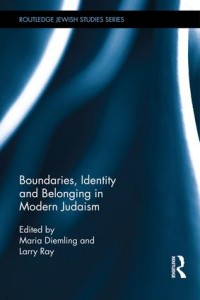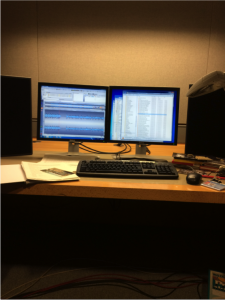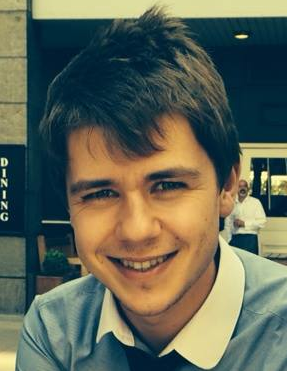On Thursday November 12th, Laudan Nooshin visited Bath Spa University to present a research seminar on the music of Iranian pop diva Googoosh (b.1950). The seminar explored Googoosh’s immense popularity, despite not being able to perform between 1979 (after the Iranian Revolution) and 2000 when she left Iran after 21 years of silence, and following which she toured North America, Europe and elsewhere to ecstatic audiences. The seminar sought to understand the power of Googoosh’s music to evoke a level of emotional engagement in her audience quite unlike any other Iranian musician. A recording of the seminar can be seen here: https://vimeo.com/145631933 (password: mparf123)
This seminar followed a series of conference presentations since the summer, some on joint panels with City Music PhD students. In late June, Laudan presented a paper at the London School of Economics at the Annual Conference of the British Society for Middle Eastern Studies (BRISMES), together with City PhD students Steve Wilford and Sam MacKay. The conference theme was ‘Liberation?’ and the panel was entitled: ‘Perspectives on Music and Liberation in the Middle East and North Africa’. Steve and Sam both talked about aspects of their current PhD research and their papers were entitled ‘Libération? Music, Independence and Postcolonialism in Algeria’ and ‘Freedom and Exile: North African Musical Migration in Marseille’ respectively. The panel also included a paper by Cristina Moreno Almeida (SOAS PhD student) – ‘Echoing the Moroccan ‘(R)Evolution’: Rap and the 2011 MENA Popular Uprisings’. The panel generated a great deal of interesting discussion.
Laudan also presented papers at the Joint Conference of the British Forum for Ethnomusicology/Société Française d’Ethnomusicologie in Paris in July 2015 and at the Royal Musical Association Annual Conference at the University of Birmingham in September 2015.

